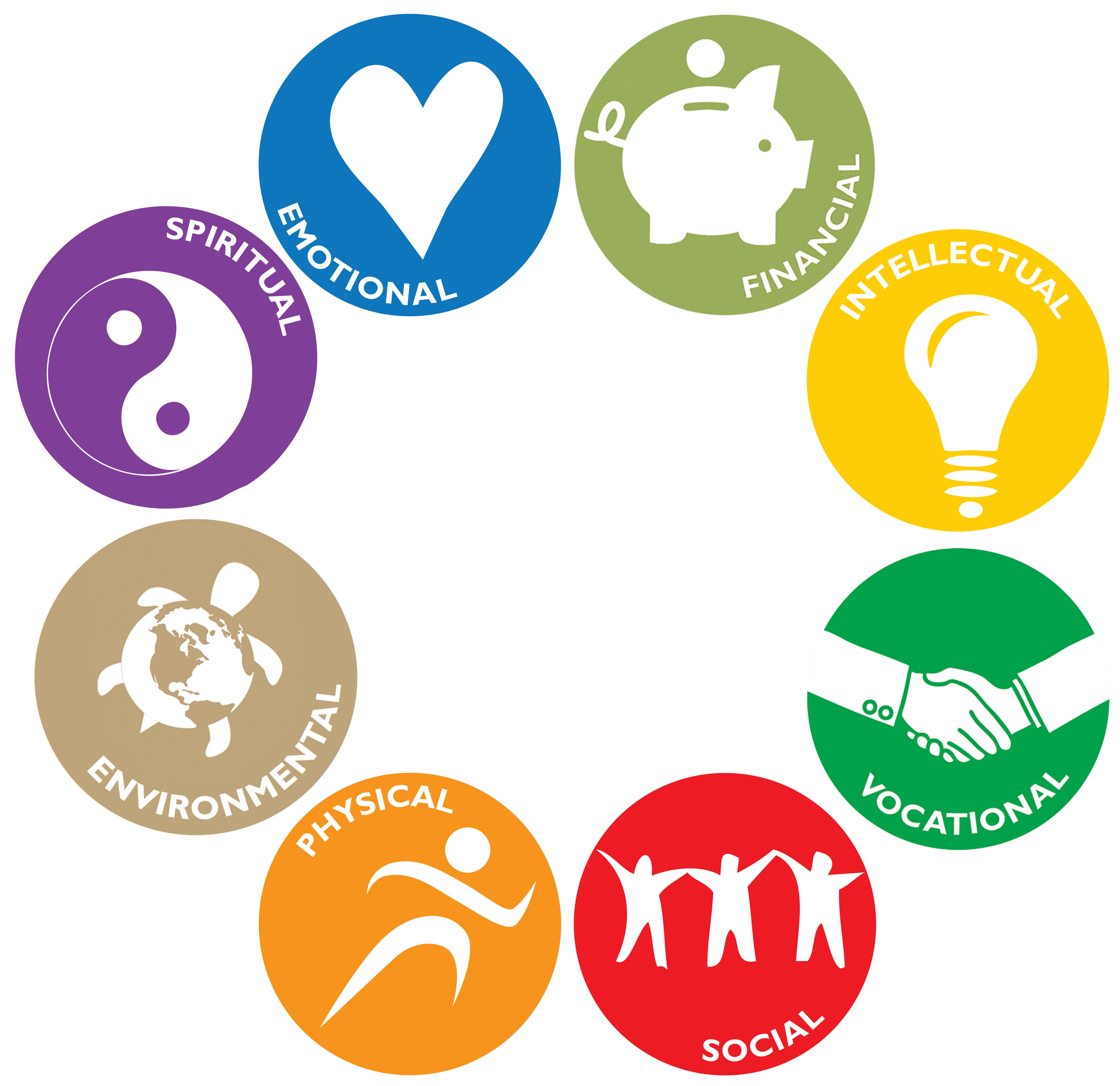The Science of Happiness: How It Affects Your Health
Explore how happiness influences physical and mental well-being, boosting immunity and longevity through scientific insights.

Understanding Happiness
Happiness is more than just a fleeting emotion; it's a profound state of well-being that encompasses a range of positive feelings, from contentment to joy. Scientists define happiness as a combination of life satisfaction and the presence of positive emotions. This state of well-being is not just an abstract concept but a measurable and impactful aspect of human life. Researchers use various methods, including surveys and psychological assessments, to quantify happiness levels. Understanding happiness requires a look into how it affects our mental frameworks and the choices we make daily. By exploring happiness, we learn how it influences our actions, thoughts, and interactions with others. This foundational understanding is crucial for delving into its broader implications on health.
The Biological Basis of Happiness
The biology of happiness is a fascinating area of study. It involves neurotransmitters like serotonin, dopamine, and endorphins, often referred to as the "feel-good" chemicals. These neurotransmitters play a critical role in regulating mood and emotions. When we engage in activities that promote happiness, such as exercising or spending time with loved ones, our brain releases these chemicals, enhancing our mood and creating a sense of well-being. Furthermore, happiness can affect our nervous system, leading to reduced stress levels and improved heart rate variability. This biological interplay highlights how deeply interconnected our mental state is with our physical health. By understanding this connection, we can take proactive steps to enhance our happiness and, consequently, our overall health.
Psychological Impact on Health
The psychological benefits of happiness extend far beyond just feeling good. Happy individuals tend to have a more optimistic outlook on life, which can bolster their immune system and increase their resilience against illnesses. This positive mindset can also lead to healthier lifestyle choices, such as regular exercise, balanced nutrition, and adequate sleep, all of which contribute to better physical health. Happiness fosters strong social connections, which are crucial for mental and emotional support. People who report high levels of happiness often experience lower rates of depression and anxiety, highlighting the protective effects of happiness on mental health. By nurturing happiness, individuals can create a positive feedback loop that enhances both their psychological and physical well-being.
Happiness and Stress Reduction
Stress is an unavoidable part of life, but happiness acts as a powerful antidote. When individuals experience happiness, their body releases hormones that counteract the stress response, leading to a calmer and more relaxed state. This stress-reducing effect of happiness can have significant implications for health, as chronic stress is linked to a host of ailments, including heart disease, diabetes, and autoimmune disorders. By cultivating happiness through mindfulness practices, engaging hobbies, or fostering meaningful relationships, individuals can mitigate the adverse effects of stress. This proactive approach not only enhances emotional well-being but also contributes to long-term physical health.
Social Connections and Longevity
Social relationships are a crucial component of happiness and have a profound impact on health. Studies have shown that individuals with strong social ties tend to live longer and healthier lives. These connections provide emotional support, reduce feelings of loneliness, and contribute to a sense of belonging and purpose. Engaging in social activities and nurturing relationships can lead to increased happiness levels, which in turn promote better health outcomes. The sense of community and support that comes from social interactions acts as a buffer against stress and enhances overall life satisfaction. By prioritizing social connections, individuals can create a supportive network that fosters happiness and longevity.
Happiness and Immune Function
Happiness has a direct impact on the immune system, enhancing its ability to fight off infections and diseases. Positive emotions can lead to increased production of antibodies and a more robust immune response. This connection between happiness and immune function underscores the importance of maintaining a positive outlook for physical health. By engaging in activities that promote joy and satisfaction, individuals can bolster their immune defenses. This proactive approach to health not only reduces the risk of illness but also speeds up recovery times. Understanding the link between happiness and immunity empowers individuals to take charge of their health by prioritizing positive emotions.
Cultivating Happiness for Better Health
Cultivating happiness is a journey that involves intentional actions and mindset shifts. Practices like gratitude, mindfulness, and regular physical activity can significantly enhance happiness levels. Gratitude shifts focus from what is lacking to what is present, fostering a sense of appreciation and contentment. Mindfulness encourages living in the moment, reducing stress and increasing awareness of positive experiences. Regular physical activity releases endorphins, promoting a natural state of happiness. By incorporating these practices into daily life, individuals can create a sustainable path to happiness. This journey not only enhances emotional well-being but also leads to improved physical health, demonstrating the profound impact of happiness on overall well-being.